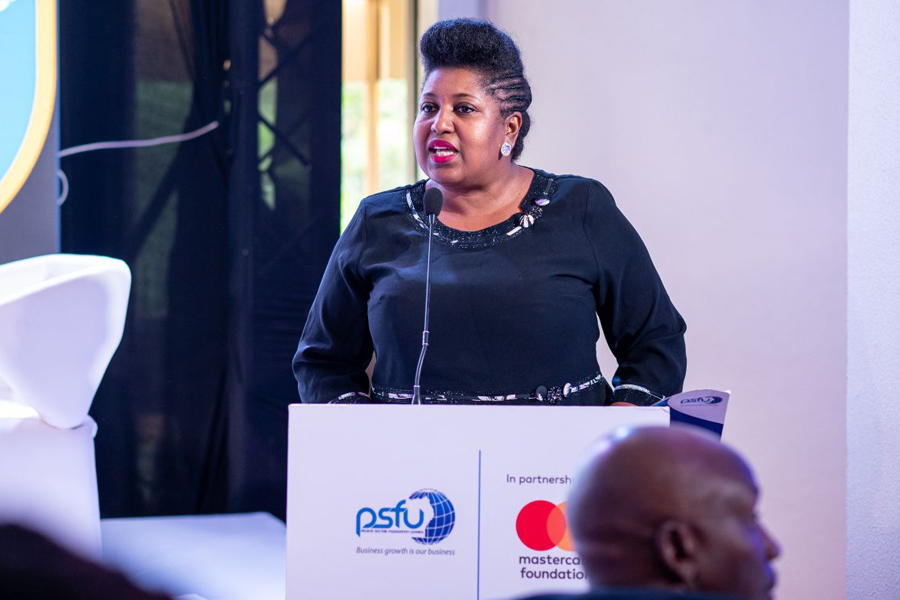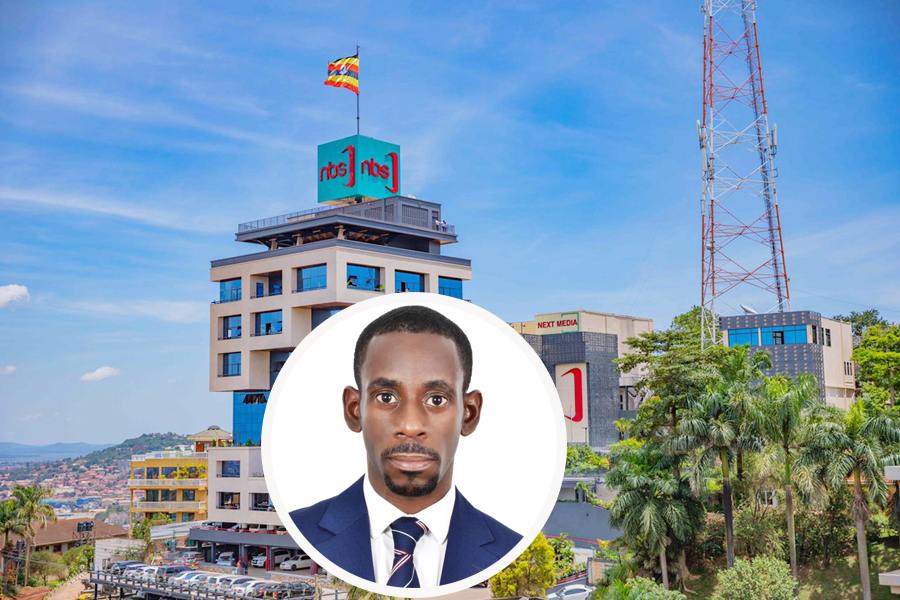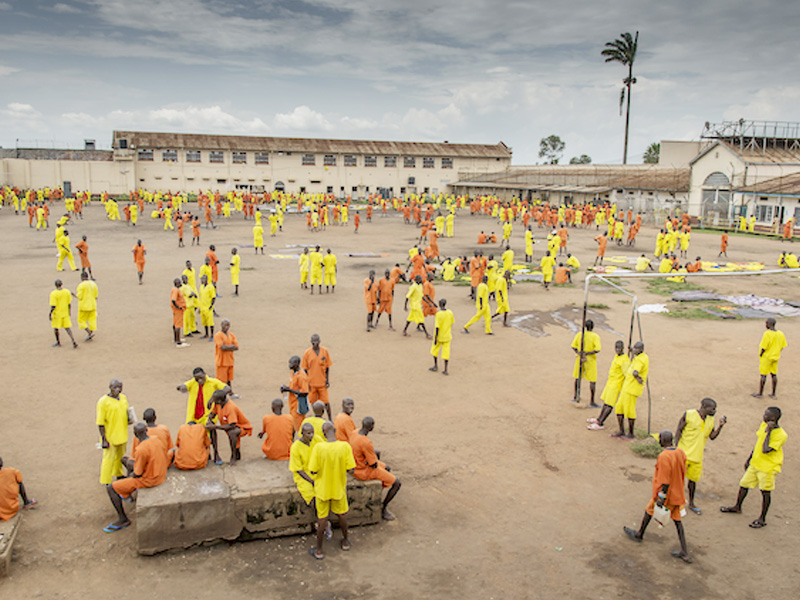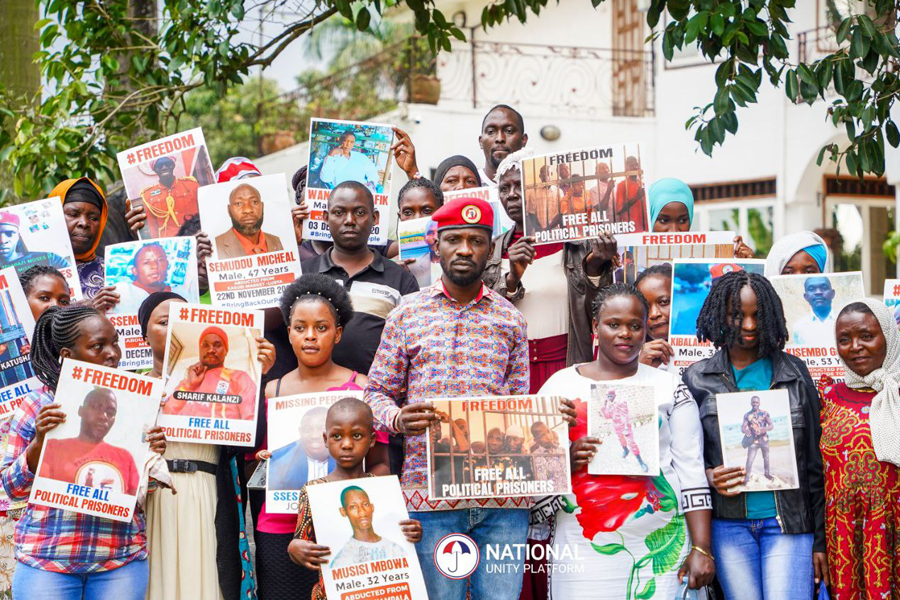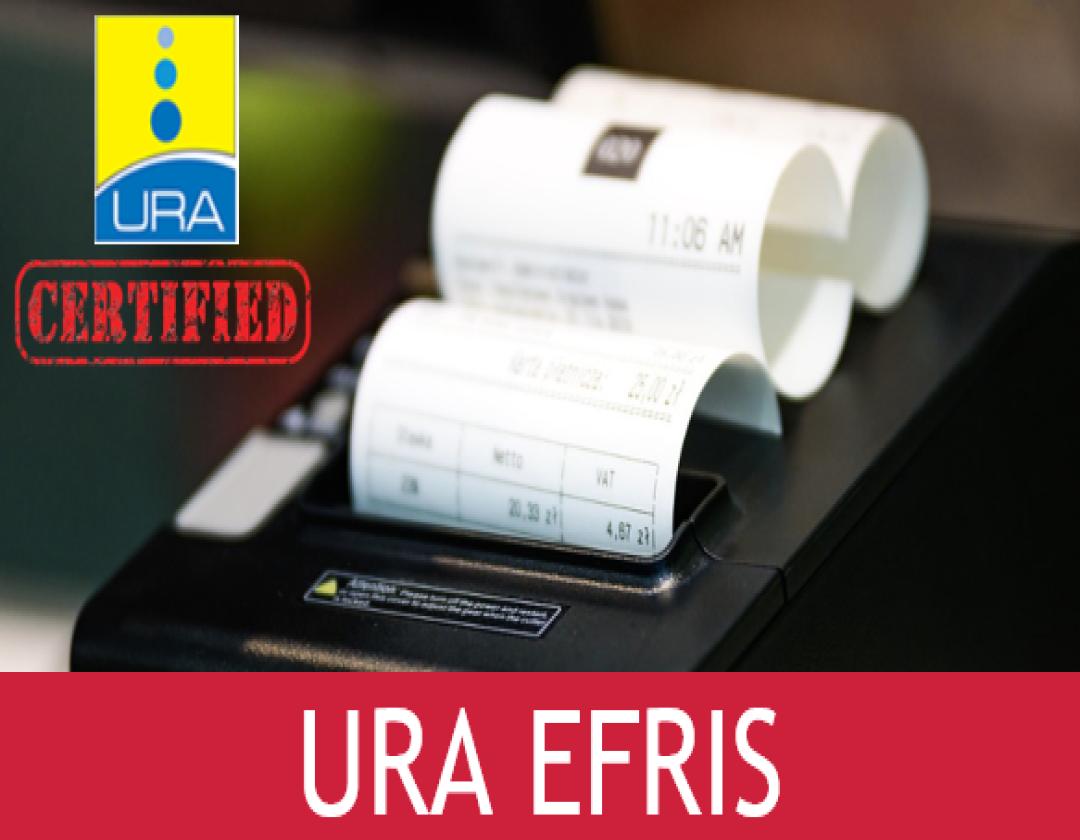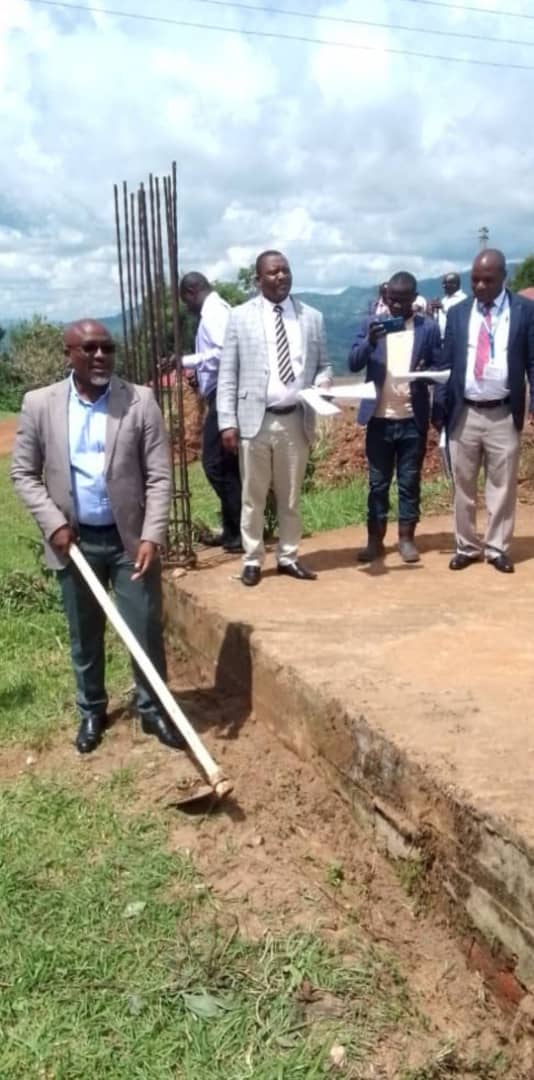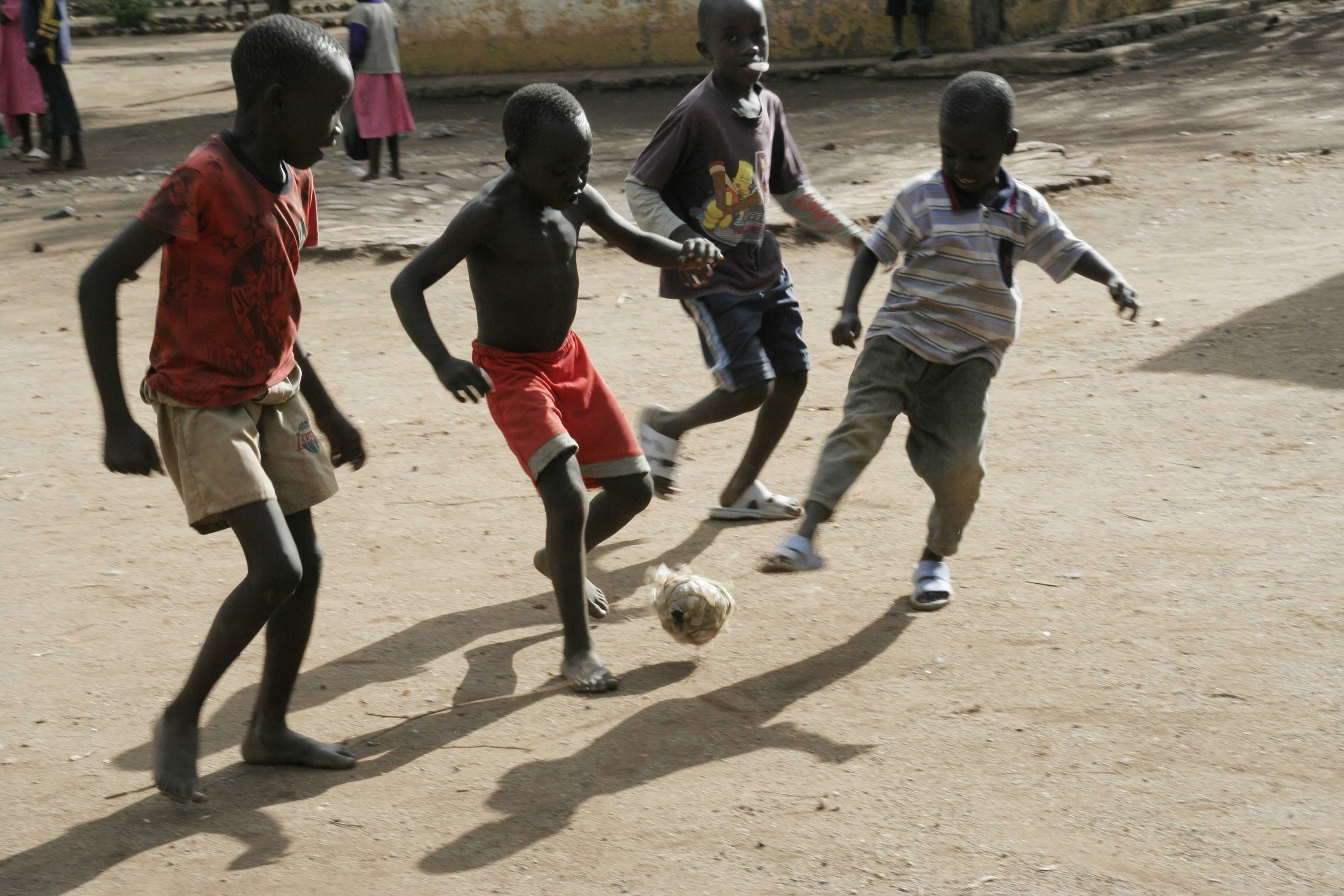Kanyamunyu loses bid to halt trial after judge throws out application
The High Court in Kampala has thrown out an application by businessman Matthew Kanyamunyu to halt his trial in a case where he is accused together with his girlfriend, Cynthia Munwangari of killing Kenneth Akena, a social worker.
Kanyamunyu asked court to halt the trial to enable him conclude the plea bargain process he has started with the office of the Director of Public Prosecutions, having gone through the Acholi justice system, locally known as Mato Oput.
Keep Reading
- > PPDA asks districts to use use alternative procurement processes to avoid returning money to consolidated fund
- > Uganda to introduce national children play day
- > Review courses before licencing universities, Tayebwa asks gov't
- > Minister Among calls for social protection for workers in informal sector
However, on Monday morning, Justice Stephen Mubiru ruled that he could not let the trial stall because of the traditional justice system that Kanyamunyu entered into.
“The traditional justice system is not a justification for halting trial. It(Mato Oput) is ambiguous and opaque that if your rights are violated, you are not protected by the rules of procedure,” the judge said.
Justice Mukiibi said there is no way the traditional justice system is interlinked with the criminal justice system in terms of testing the offender’s version of the story as it is with the criminal system where there is cross-examination of witnesses.
The judge also noted that whereas the traditional justice system is a good system of dispute resolution and bringing about peace and harmony in blood-related communities, there is no way it can be lifted from Acholi and be applied many kilometres away in Kampala where the crime was committed from.
“It(Mato Oput) is ideal for people living together and are related by blood since it prevents revenge and inter-tribal wars . How then do we transplant the system from the local community to a crime committed many kilometres away,” the judge questioned
He noted that whereas in the Mato Oput system, the offender must admit liability of the crime, in the instant case, Kanyamunyu didn’t indicate in his application to court that he had admitted liability for killing Akena.
Plea bargain
Justice Mukiibi noted that whereas plea bargain is allowed in the country’s criminal justice system, it is meant to discuss the punishment to be given to an offender after admitting the crime committed.
He however noted this is not the case with Kanyamunyu’s case.
“Plea bargain can be taken at the time of plea taking. If you change the plea, the next step is to negotiate the punishment to save court’s time. However, once trial beings, the only way to stop it is by change of plea and not plea bargain.’
The judge therefore blasted Kanyamunyu as bringing tactics to delay the case that he said cannot be allowed since the case has dragged on for three years since 2017.
“There is a clear manifestation the case has been on for three years. During this time, we have handled a multiplicity of cases in their hundreds. If I am to allow any adjournment, of this nature, it would be discriminatory. I find this a delay tactic to the case and not meant to ensure justice,” Justice Mukiibi ruled.
He therefore noted the application cannot stand and noted the trial will continue with the cross-examination of the 13th prosecution witness.
Matthew Kanyamunyu, the director Quantum Express Logistics and his girlfriend, Cynthia Munwangari are accused of the murder of Kenneth Akena, a former child rights activist who was shot in November 2016 at Lugogo and died a few hours later at Nakasero hospital from bullet wounds.
However, in September Kanyamunyu opted for Mato Oput, the Acholi justice system where he made a confession to the heinous crime at a meeting presided over by Acholi Paramount Chief David Onen Acana II as a chief witness at the Ker Kwaro Acholi compound.
At the function, a council of six elders cross-examined Kanyamunyu as is required during Mato-Oput but he apologized for what he did.
“It is foolishness that I didn’t know about and I don’t think I will ever comprehend fully the magnitude and that is the reason that I am remorseful and the reason I ask for your forgiveness, understanding and for time for this healing process to begin and time for me to comprehend the magnitude of the tragedy,”Kanyamunyu told the Acholi leaders.
Consequently, he applied to the Director of Public Prosecutions to enter into a plea-bargain agreement, a deal that has not yet finalized as negotiations are still continuing.
A plea bargain is an agreement in a criminal case between the prosecutor and the accused where the latter agrees to plead guilty to a particular charge in return for some concession from the prosecutor.
The accused pleads guilty to the original criminal charge in return for a more lenient sentence.








